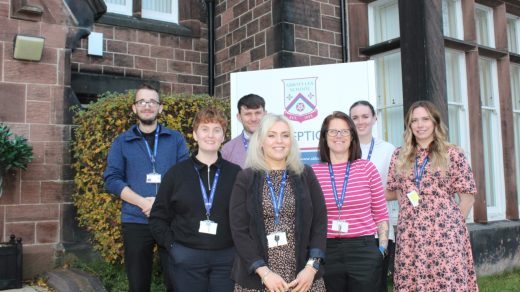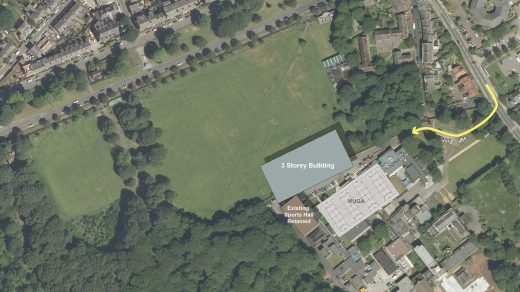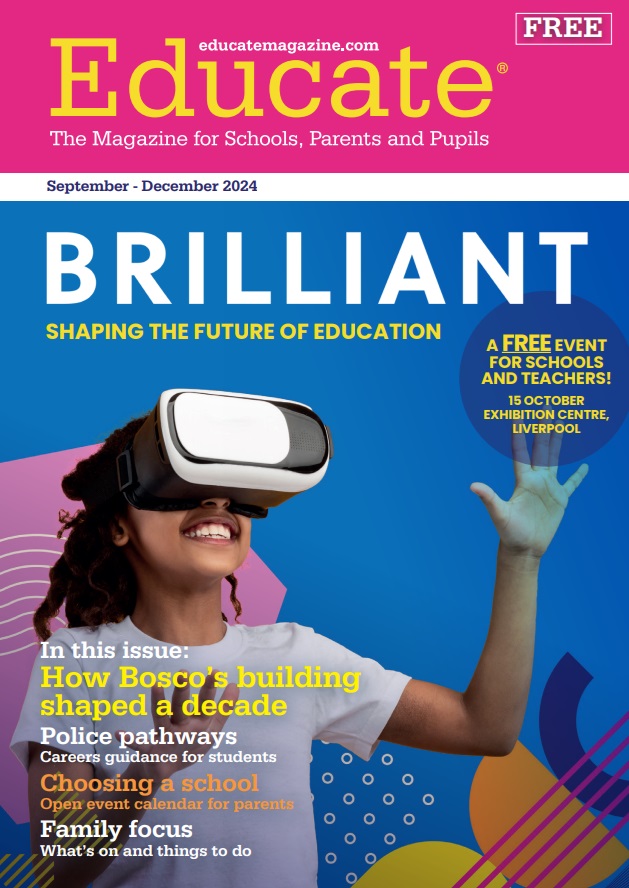Four UK science associations call for new primary science curriculum

Eating ice lollies, making noise, and planting vegetables are essential primary science lessons, according to science experts.
The Royal Society of Biology (RSB), Association for Science Education (ASE), Royal Society of Chemistry (RSC), and Institute of Physics (IOP) said that new experiences in class would improve science, technology, engineering and maths (STEM) accessibility and engagement, as the new government begins a reform of curricula and assessment.
As the summer holidays are in full swing, four of the UK’s most respected scientific associations want teachers to show children that science is cool – by dishing out ice lollies in lessons.
And that is just one example of what school time science could look like, with other essential experiences including playing with shadows, digging in soil, and kneading bread dough.
In their recommendations based on the Primary Curriculum Advisory Group (PCAG) report for a new primary science curriculum, the RSB, RSC, IOP, and ASE say that offering such ‘essential experiences’ in class time will reduce inequalities in STEM education and support the teaching of scientific concepts every child should understand.
The calls for reform are based on the work of a group of primary science teaching experts, convened by the science associations in 2019, who drew up a modern curriculum framework using evidence from a wide variety of sources. Consultation workshops subsequently showed that teachers were supportive of the findings.
The Learned Societies want the findings to inform recently-announced reviews of curricula and assessments. In England, this review will be led by Professor Becky Francis, chief executive of the Education Endowment Foundation (EEF). In Scotland, Professor Ken Muir has recommended a renewed vision of the curriculum with the aim of putting learners at the centre of Scottish education.
The scientific associations said the curriculum framework is designed to prepare children to understand their world and meet individual and societal needs, both individually and globally. They say the primary science curriculum should:
– Have a strong emphasis on purpose, considering not just what is taught and learned, but why and how, so that children develop a coherent and cognitively appropriate understanding of how the world works and their own agency within it
– Help children identify with the sciences by providing opportunities for teachers to choose contexts that are relevant to their pupils
– Help all children to feel included in the sciences through the experiences that they have, the perspectives put on science narratives, and encouraging teachers to use contexts that are familiar to primary age children
– Ensure the curriculum plans for progression avoid content being taught before it is appropriate for the age/development stage of the child
– Encourage children to think scientifically, to discuss and explain their thinking and, through practical experience, gain a sense of the nature and practices of the sciences
Responding to today’s call for a new primary science curriculum, Sarah Hannafin, head of policy at school leaders’ union NAHT, said: “Using real-life scenarios and objects can help bring science to life for pupils, and this happens in schools across the country, even under the current curriculum.
“What is needed is not a whole new STEM curriculum, but to build upon what works best and a reduction in the current bloated programme – time is currently a big issue and there is scope to improve the experience of pupils and teachers by streamlining content.
“The curriculum and assessment review must take a coherent and collective view of the whole curriculum, creating the space and time needed for schools to make it relevant to their pupils, improving engagement and fostering a real love of learning.”







